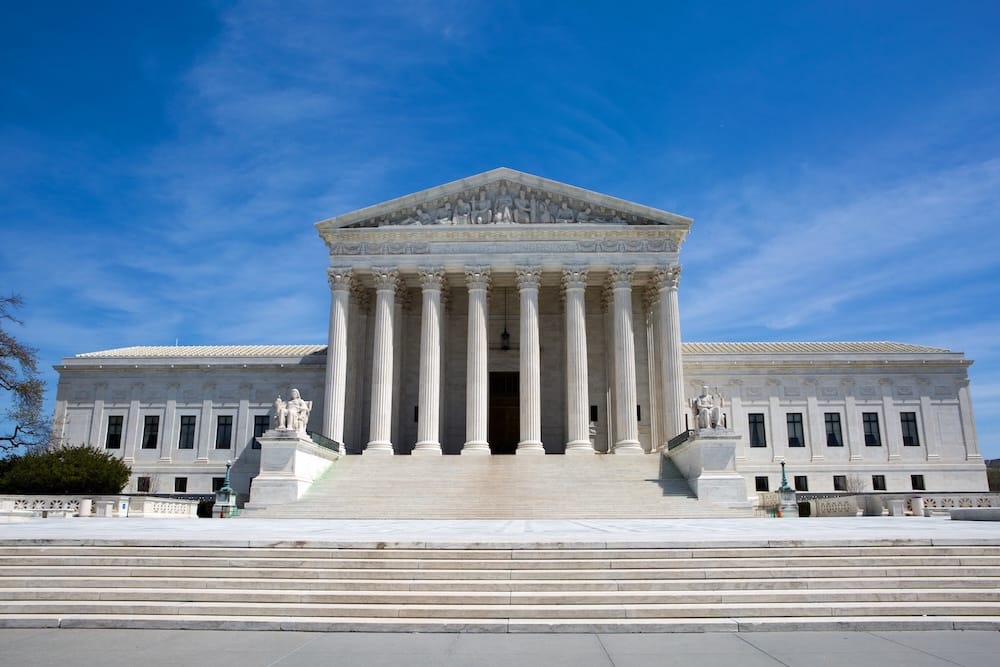

Supreme Court Upholds Trump Administration's Authority
On September 26, the Supreme Court made a pivotal decision, allowing President Donald J. Trump and his administration to temporarily withhold approximately $4 billion in foreign aid funding that had been previously approved by Congress. This ruling extends an earlier administrative stay granted by Chief Justice John Roberts on September 9, providing the justices additional time to deliberate on the federal government's request to impound these funds. The decision marks a significant victory for the White House in its ongoing efforts to control spending allocations.
The case, known as U.S. Department of State v. AIDS Vaccine Advocacy Coalition and Global Health Council v. Trump, saw a divided court. Justice Elena Kagan, joined by Justices Sonia Sotomayor and Ketanji Brown Jackson, filed a dissenting opinion against the majority's ruling. The court's majority emphasized the importance of presidential authority in matters of foreign policy, which they deemed to outweigh the concerns raised by international aid groups challenging the freeze.
Legal Battle Over Congressional Appropriations
The roots of this legal confrontation trace back to a ruling by U.S. District Judge Amir Ali in Washington, who had ordered the federal government to release the $4 billion in previously appropriated funds. The Department of Justice swiftly appealed to the Supreme Court, seeking to pause Judge Ali's order. This clash highlights a broader tension between congressional spending powers and executive authority, a debate that has simmered for months as the Trump administration sought to redirect or withhold funds.
The Supreme Court's decision to grant the stay does not represent a final ruling on the extent of presidential powers over appropriated funds. However, it ensures that the funds will remain frozen for the duration of fiscal year 2025 or until a conclusive judgment is reached. This temporary measure has significant implications for aid recipients who rely on these funds for critical programs and support.
Implications for Federal Funding and Policy
The Supreme Court's ruling comes at a critical juncture, as negotiations over government spending and potential shutdowns loom large. The ability to freeze such a substantial amount of foreign aid underscores the administration's commitment to reevaluating how taxpayer dollars are allocated overseas. For many, this decision reinforces the importance of executive oversight in ensuring that funds align with national priorities as defined by President Trump and his team.
While the dissenting justices expressed concerns over the potential impact on international aid groups and their beneficiaries, the majority's stance reflects a prioritization of administrative control in foreign policy matters. As this case progresses, it will likely continue to shape discussions on the balance of power between branches of government, with lasting effects on how future appropriations are managed and contested.
Dues are $12 per year. Member benefits:
✅ Ad-Free Website Viewing
✅ Advocacy for Republican Seniors
✅ 120+ Senior Discounts
✅ Member Only Newsletters